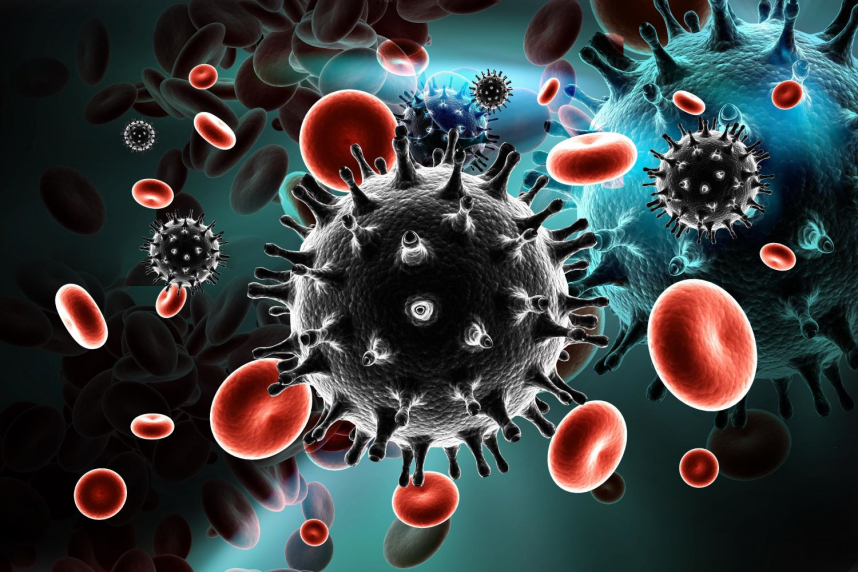
Gilead Sciences said on Thursday a late-stage study showed its long-acting injectable drug was more effective in preventing HIV infection in women compared to its existing daily pill Truvada, sending the company's shares up over 8%.
An independent committee stopped The study early as it exceeded efficacy expectations.
Data showed there were no incidences of HIV infection among women who received the drug, lenacapavir, compared to background HIV levels in patients who were not on any prevention regimen.
"Something like lenacapavir dosed just twice a year could be a prevention choice that could fit much better into many people's lives," Jared Baeten, Vice President of Clinical Development at Gilead, told Reuters.
Truvada is already used to treat HIV and also in a prevention regimen known as pre-exposure prophylaxis (PrEP).
According to the CDC, more than one-third of people in the U.S. who could benefit from PrEP have been prescribed the regimen. The agency estimates PrEP can lower the risk of getting HIV from sex by about 99%.
RBC Capital Markets analyst Brian Abrahams said data shows lenacapavir's potential for high receptivity in higher-risk individuals. Abrahams estimates lenacapavir potential sales to be more than $1.7 billion in PrEP.
Lenacapavir, branded as Sunlenca, gained U.S. approval in 2022 as a treatment for heavily pre-treated HIV patients. Baeten said that lenacapavir could be approved for PrEP by the end of next year.
In the study, which had more than 5,300 cisgender women and adolescent girls aged 16-25, participants received either lenacapavir, Truvada, or Gilead's once-daily pill Descovy.
Gilead expects results from another study testing lenacapavir for PrEP in late 2024 or early 2025.